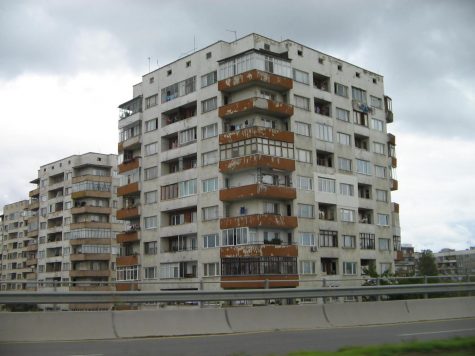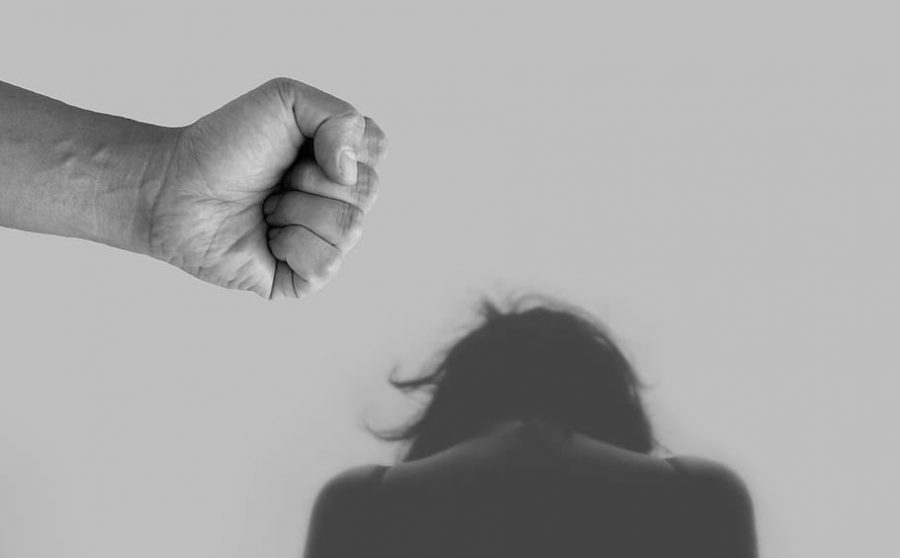Coronavirus and Domestic Abuse
April 19, 2020
Across the world, governments, organizations, and leaders are urging people to stay at home. But what if staying at home isn’t safe?
According to the National Coalition Against Domestic Violence, each year in the United States, more than 10 million people are abused by their intimate partners. Now, the rapid spread of coronavirus and the accompanying increase in lockdown rules have led to a rise in domestic violence cases.
In Spain, the government has imposed extremely strict and restrictive lockdown rules. Although the government has allowed women to leave their homes in order to report abuse, the domestic violence hotline has received “18 percent more calls in the first two weeks of lockdown than in the same period a month earlier.” On March 19, 2020, in the Spanish city of Valencia, a woman was killed by her husband in front of her children. The death marked the first domestic violence fatality of the lockdown.
In Japan, a nonprofit organization named the All Japan Women’s Shelter Network has collected reports of domestic violence cases during the coronavirus pandemic. One woman states, “My husband works from home, and my child’s school is closed. He is really feeling the stress and using physical violence against family members.” Due to school closures since the beginning of March, many children in Japan have also struggled with violence in their homes. As Japan enters a state of emergency, it has become more difficult for victims to report their cases in fear that it will be discovered by their abusers.
According to the New York Times, “Victims ordinarily wait to be by themselves before they seek help. They wait for their abuser to go to work. They secretly reach out to friends. They look for openings when they don’t have child-care obligations.” Without any of these options, the door for escape is rapidly closing. For many victims, reporting their abuse is too high of a risk.

Even if a person does decide to seek help, there are close to no options. In our world today, medical attention at a hospital is a risky and dangerous decision. Leaving home and going to a shelter is also dangerous, as living with a large number of people could lead to the spread of COVID-19. Across the world, counseling centers, a place for victims to open up and get help, have closed. In the US, many courtrooms have closed, leaving victims unable to find legal help.
In response to the rise of domestic violence cases, governments and organizations have provided assistance and resources for victims. In strict lockdown countries, governments are not fining women for leaving their homes to seek help. Additionally, many counseling centers and therapists have switched to online or other digital communication. In order to avoid danger, Ruth Glenn, the chief executive officer and president of the National Coalition Against Domestic Violence, recommends victims to turn to friends or family to make calls on their behalf.
The terrifying circumstances of domestic violence victims can allow many of us to appreciate the value of our own homes. While it is a challenge to stay inside our homes, away from friends, school or work, we should not take it for granted. The safety we count on is not something available to all.





















Mrs. Bennett • Apr 27, 2020 at 4:05 PM
Thank you for shedding light on this issue. My heart bleeds! ASIJ students, if you are in a situation that is not safe, please reach out to a trusted adult.
Wann Yu • Apr 21, 2020 at 12:26 PM
Wonderful writng. Her report is so vivid, realistic and informative I can picturize the situation she described. I have been prety well segrigated myself with social distance under the virus pandemic scareness. It has been so stressfùl and I can see less traffic volumes on the roads.
I hope to see Sejin, the writer, makes more frequent reports on various areas. CONGRATULATION FOR THE WONDERFUL REPORT
Allison Kwesell • Apr 20, 2020 at 11:54 PM
This is an incredible article and so important. I have been reading about various domestic abuse, between spouses and with children involved. I am also so interested in the nuanced forms of structural abuse. For example, how are children in lower socio-economic classes coping when they don’t have iphones, ipads, laptops? It’s so interesting to think about these issues. Parents who cannot afford these for their children might also be experiencing more pressure and this kind of pressure can create adverse reactions…
So interesting! Thank you very much for your piece!